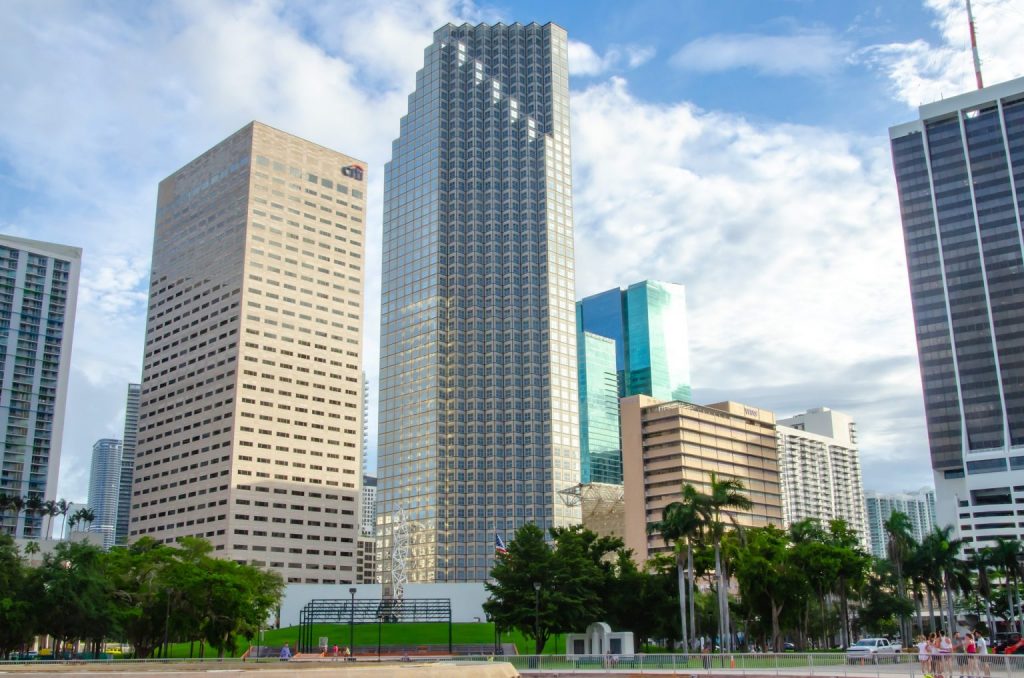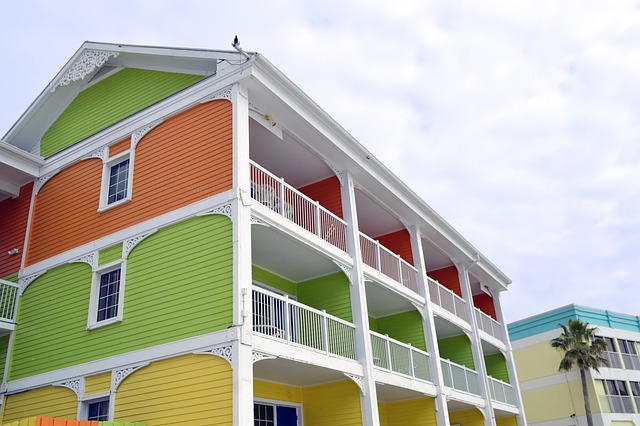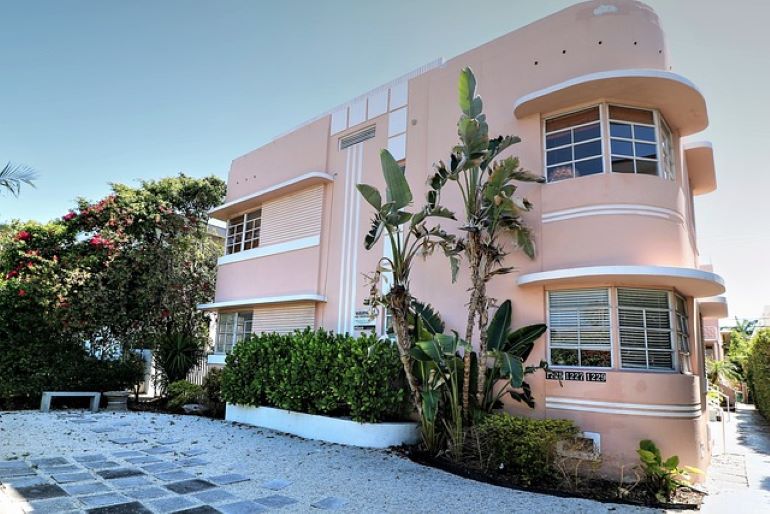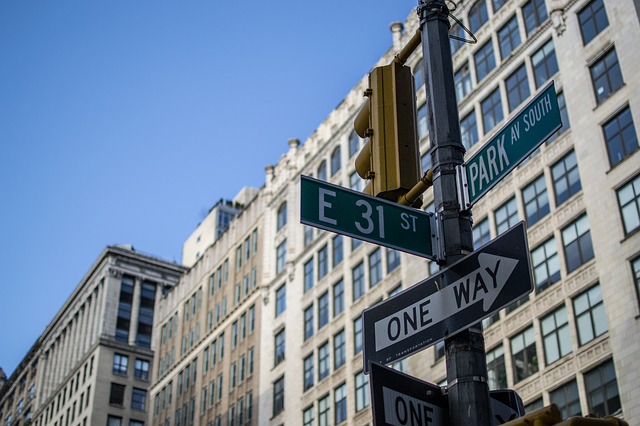September is here, the start of a new academic year. By now, you (and your roommate) should have found a new rental apartment. However, the year is 2020, and nobody thought in their wildest dreams that a deadly virus is ready to spoil all our plans. For students, if not spoil, it definitely and infinitely postponed their plans. That being said, we are not who we were six months ago, unaware and clueless about the future. The future is now, and your plans should not stop, as long as you are maintaining distance and wearing your masks.
The halt in your plans is sure discouraging, but once you step your foot here and become a part of the big apple life, it will all seem worth the wait. Your wait for living a life of a young New Yorker is sure going to be a fruitful reality. However, you would need to rent an apartment first to live it all.
If you are an international student, things are likely to get slightly complicated for you. There are no stable paychecks, also, there are no chances of you having U.S. credit. Another major problem lies with the current circumstances due to the coronavirus pandemic. Although in-person viewings have resumed, there are troubles related to delay in international flights and visa applications.
The silver lining is that soon things will get back to normal, but while you wait, let’s get you prepared and updated on apartment hunting.
1. Financial Security
It does not matter whether you are a student or not; landlords prefer monthly payslips proofs than a savings account with a lump sum amount deposited by the student’s parents. Along with that, they would require your college acceptance proof, a passport copy, photo I.D., visa proof, and the bank statements, preferably through U.S. bank accounts. Why this becomes a problem for a student? No matter how skilled, a student does not earn forty times the monthly rent (the required criteria), does not have a constant income flowing in, and definitely does not have a credit score higher than 700. This means you would need a guarantor. A guarantor is someone who will voluntarily be responsible for your rent default. If we go by the rules, a guarantor needs to earn eighty times the monthly rent. Along with that, he or she needs to live in the tri-state area.
2. Be prepared to have Roommates.
With studio apartments starting at $1500 or more, there is no way an average international student will be able to afford it. Although some can, the majority of them cannot. Also, some of the students prefer living alone. However, they would at least be needing two roommates to live comfortably with their paychecks. If you are not comfortable renting an apartment that already has tenants living, you could always look for roommates. You could even take the help of your school’s online forums or housing registry; it would be great if you find a roommate from the same university. Finding yourself a roommate works for the best as you would be living according to negotiated terms, cost, and living standards.
3. Be aware of the Don’ts.
While you go after the essentials, always keep in mind the absolute no-no’s while looking for apartments. Well, the process is like searching for a needle in a haystack. Therefore, be well-versed with the do not(s) as well. Who knew apartment hunting had a list of ethics?
First things first, never apply for a lot of apartments at once. You are highly mistaken if you believe that it increases the chances of getting an apartment. This is so untrue. Landlords always cross-check the number times your credit gets checked for housing. The higher the number, the higher the chances of you being deemed as a fraud. Therefore, do not submit more than three applications.
One of the most significant mistakes would be not reviewing your lease correctly. Make sure an older, experienced person has your lease cross-checked and verified.
Don’t make the decisions hastily. Always know the kind of apartment you and your roommate want. Do your homework well and do good research on the location, rooms, rules, amenities, etc.
Do a thorough review of the apartment beforehand. Also, do NOT settle anything over verbal agreements. Especially anything about payments, maintenance, and repair agreements. Always get it written on a paper or an email.
4. Always Ask Questions
The apartment is going to be your home for some years, make sure you are aware of all the terms, conditions, rules, and clauses, right from your landlords to the property manager, roommates, and the security guards of your apartment building. Sometimes, certain things are permissible with the apartment building but simply not agreeable with the landlord. Please make sure you discuss everything with your landlord, and in case there are any negotiations and updated agreements, have them in writing.
5. Be Aware of Scams
this field is as risky and prone to scamming as the internet. There is a term called rental fraud, and you must be aware of it. It’s when a real estate agent or a landlord sells/rents out a fake property. They collect the security deposit, application fee, processing fee, and other deposits, and vanish. This should be all the more important to you as you are not a local resident.
- Always avoid online payments.
- Consult an adult, especially your family, before signing the lease.
- Verify the apartment address through Google Maps.
- Always meet the real estate agent in person before finalizing anything.
- Always cross-check the property manager’s and the landlord’s authenticity.
This is a massive milestone in your life, and you must cherish every bit of it. Although the pandemic has your plans stalled, your dreams should not. Make your first rental apartment is a safe deal, it is a lengthy procedure, but it is totally worth the wait. All you need to do is be alert, aware, and prepared. The Big Apple awaits your new ventures.
Author Bio- Jennifer is an editor and author at nyrentownsell a leading real estate company in New York.







